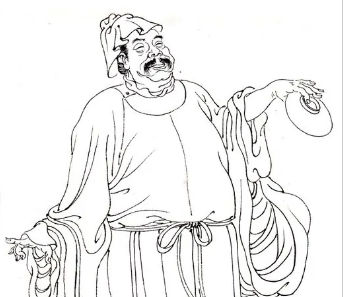In the Ming Dynasty, the military was an important force of the country, with a rigorous and meticulous military system, in which the ranks and positions of officers were the core components. They constituted a strictly differentiated power system that ensured the efficient operation of the military.

First, let's look at the ranks of Ming Dynasty officers. The ranks of Ming Dynasty officers were mainly divided into nine grades, with each grade further divided into two sub-grades, totaling eighteen levels. Among them, the first to third grades were senior officers, mainly including General and Commander positions; the fourth to sixth grades were intermediate officers, mainly including Commandant and Thousand-Household positions; the seventh to ninth grades were junior officers, mainly including Hundred-Household and Banner Commander positions. This hierarchical classification established a clear superior-subordinate relationship within the military, contributing to maintaining discipline and order.
Next, let's explore the positions of Ming Dynasty officers. The positions of Ming Dynasty officers were mainly divided into two categories: civil and military. Civil positions included Minister of War and Deputy Minister, who were responsible for the daily management and decision-making of the military. Military positions included General and Deputy General, who were primarily responsible for the operational command of the military. This division of civil and military duties made military management more professional and enhanced the combat effectiveness of the army.
Additionally, the Ming Dynasty had a special military position known as the hereditary position. These positions were inherited by specific families from generation to generation, such as the famous Yang Family Generals and Qi Family Army. Members of these families received military education from childhood and inherited the family's position upon reaching adulthood, becoming the backbone of the military. The existence of these hereditary positions ensured the stability of the military and also stimulated the fighting spirit of the soldiers.
Overall, the ranks and positions of Ming Dynasty officers constituted a strictly differentiated power system that not only maintained the discipline and order of the military but also enhanced its professionalism and combat effectiveness. Meanwhile, the existence of hereditary positions guaranteed the stability and fighting spirit of the military.
Disclaimer: The above content is sourced from the internet and the copyright belongs to the original author. If there is any infringement of your original copyright, please inform us and we will delete the relevant content as soon as possible.






























